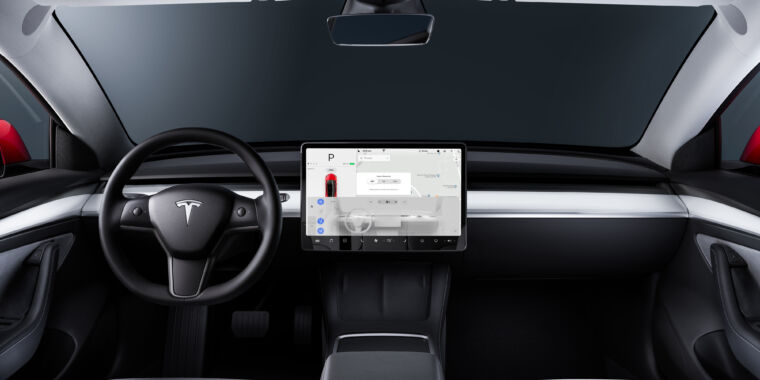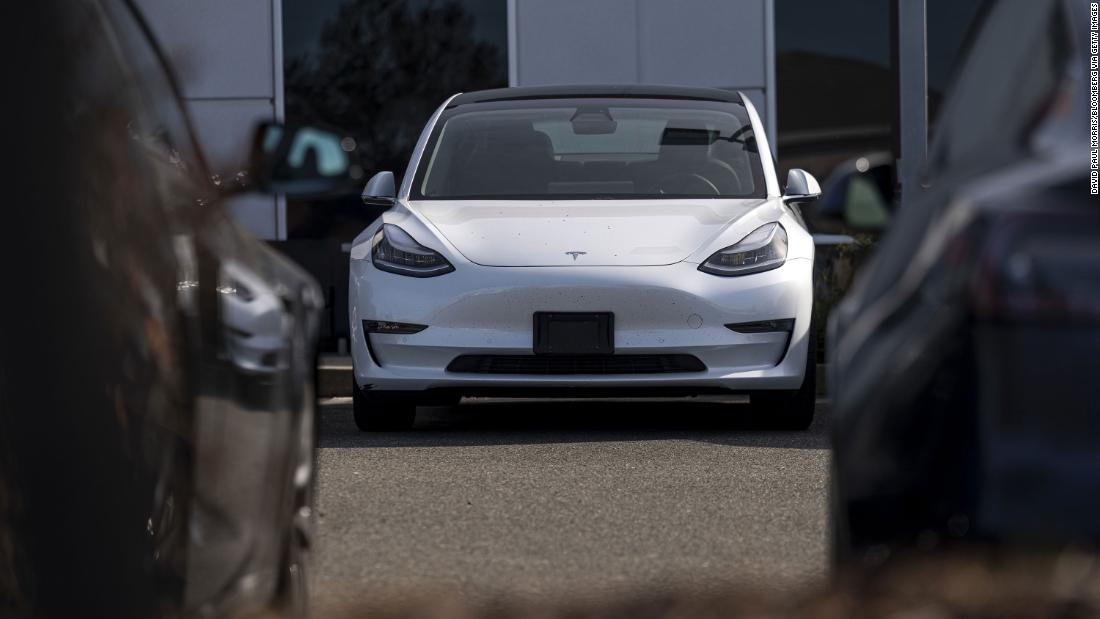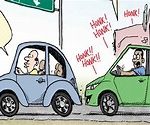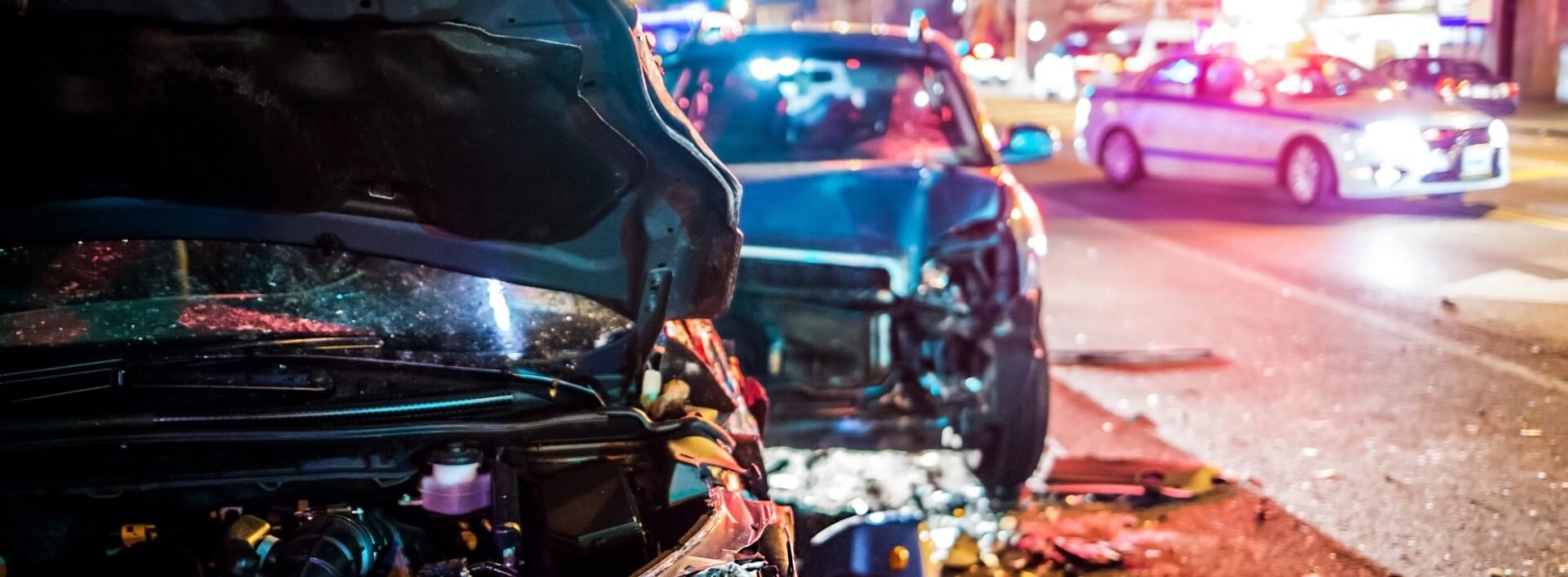Tarheelpilot
Final Approach
- Joined
- Dec 5, 2010
- Messages
- 7,396
- Location
- North Carolina once again.
- Display Name
Display name:
Tarheelpilot
how do you know the number of undetected drunk drivers?How do you know those are more severe crimes? If 12 people drive tired and there's 3 fatal crashes against the one guy who drove drunk and crashed fatally, it appears that driving fatigued is more dangerous when in reality, it's drunk driving.
I have never reported when I was sick or fatigued and drove. I would argue that most people do that at least once a week. I have driven what some people consider rustbuckets or deathtraps that wouldn't pass any type of safety inspection and knew many, many people who (safely) did the same. For every hundred people committing "more dangerous" crimes, there's maybe one or two drunks. Even if only one drunk crashed and 35 of the tired people crashed, statistically speaking driving drunk is still more dangerous.
I’m thinking there are a lot more than you think.






